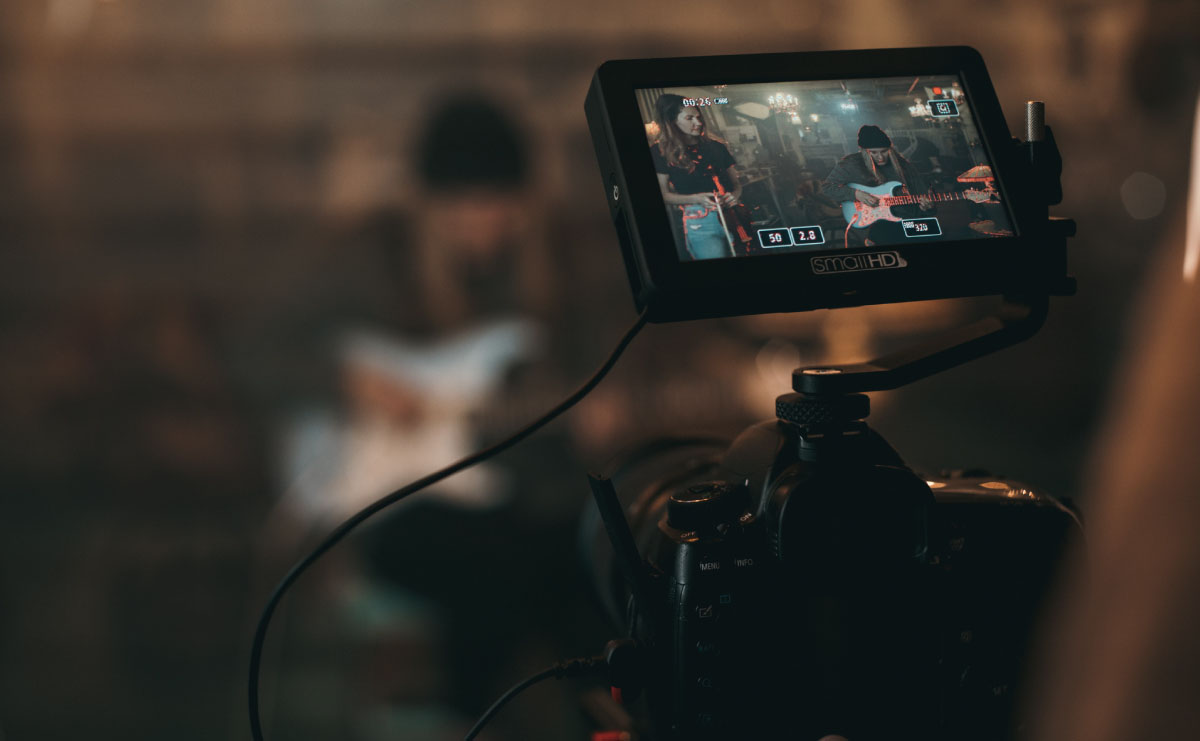Civil Court rejected claim for misuse of a former employee’s image
By Mariano Peruzzotti and Valentina González Medina.
On July 16, 2021, the Court of Appeals in Civil matters rejected a claim seeking damages for the use of a former employee´s image in an institutional video of a company after termination of the employment relation.
The defendant “Taraborelli Automobile S.A”, a local car dealer, produced an institutional video aimed at showing customers aspects concerning daily work at the company. The plaintiff voluntarily participated in this video. After the termination of the employment relationship due to plaintiff’s resignation in 2017, the company continued to publicly use the video.
Consequently, the plaintiff initiated a court action requesting the immediate cease of use of her image and a compensation for the unauthorized and improper publication through social networks. The plaintiff argued that she never authorized the public use of her image. Also, she invoked that she was personally affected by his situation as she was working for the competition by the time of the claim.
The defendant alleged that all employees were invited to participate in two institutional videos to be used within the company and published on social media and that the plaintiff voluntarily accepted such proposal. Furthermore, the company stated that the employees were properly informed that the videos would be used both internally and publicly. Additionally, Taraborelli Automobile mentioned that it had immediately removed the videos from social networks as soon as it became aware of the plaintiff’s claim.
The First Instance Court dismissed the complaint on the basis of declaring that the plaintiff consented to the use of her image. The decision was appealed by the plaintiff.
The Court of Appeals in Commercial matters rejected the appeal and confirmed the First Instance Court’s decision on the basis of the following arguments.
- Recording the person’s image is illegal unless the explicit consent is obtained or an exception to the consent rules applies to the case.
- The authorization to obtain the person’s image does not necessarily entail an authorization to reproduce such image. These are two different actions that involve independent consents.
- The consent cannot be assumed; it shall be construed restrictively and it is revocable.
- The evidence in the case shows that the plaintiff gave her consent to participate in the company’s videos.
- There is no rule that provides that consent must be given in writing; it is rather admitted that authorizations can be given in writing, verbally and/or by other reliable means.
- The plaintiff knew that the video would be displayed in the companies premises as well as in social networks.
- The plaintiff’s request to cease with the use of her image when instituting the claim involved her wish to revoke the consent timely given; thus, the decision of the company to stop using the video was in compliance with the law. Otherwise, if the company had continued displaying the video, this would have caused damages to be compensated.
For further information contact: mperuzzotti@ojambf.com

